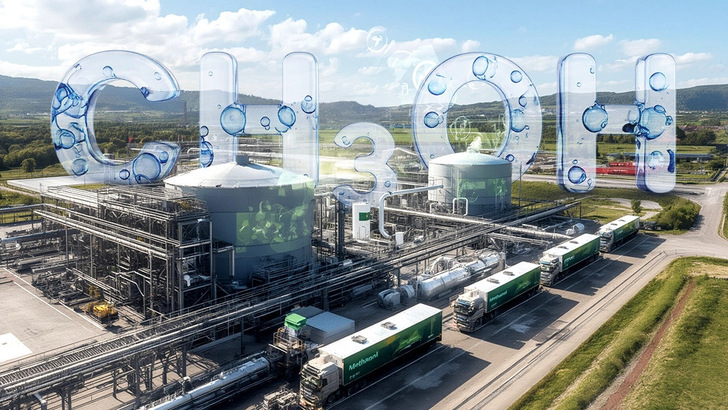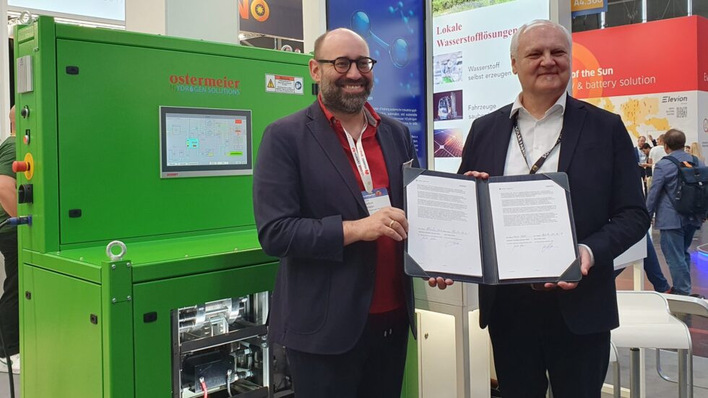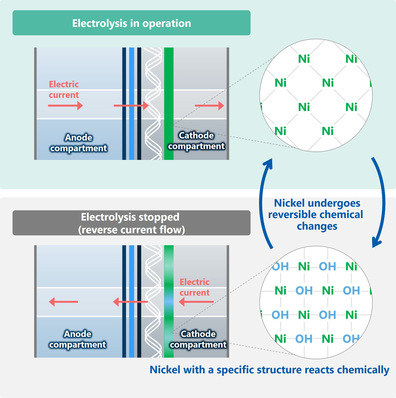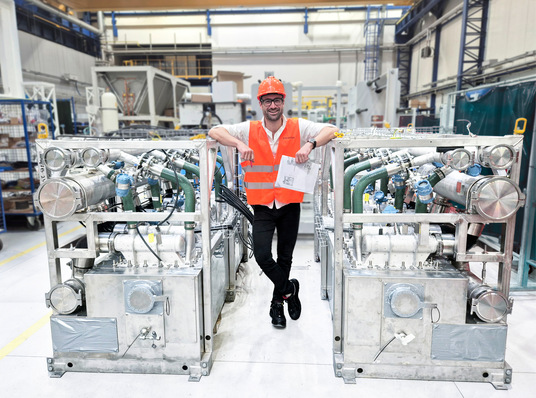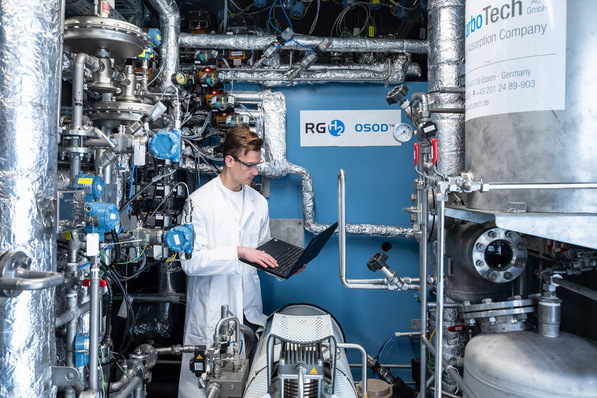Green methanol is considered a promising low-CO₂ fuel, especially for shipping and heavy-duty transport. However, its physico-chemical properties—such as low ignitability, poor lubricity, and corrosiveness—pose high demands on fuel quality. According to a market analysis by the consulting firm IeB (Intelligence Expert Brain), it is primarily additives that close this gap and enable the technical usability of e-methanol.
The demand for renewable methanol is growing rapidly. According to IeB, the market volume in 2022 was around 622 million US dollars and could rise to up to 21 billion US dollars by 2030. Drivers include regulatory requirements such as the IMO guidelines for emission reduction in shipping, the EU's "Fit for 55" program, and tax incentives like the US "45Z Clean Fuel Production Credit," which will take effect from 2025.
Additives Improve Ignition, Lubrication, and Stability
According to IeB, the most important classes of additives for renewable methanol include ignition improvers such as glycerol ethoxylate adducts, which reduce methanol's long ignition delay and increase efficiency. Furthermore, lubricity and corrosion inhibitors, for example based on morpholines or imidazolines, are used. They protect metallic components and extend engine life. Stabilizers and antioxidants prevent oxidation and deposits, thereby improving the fuel's storability. Cold start and compatibility additives also facilitate use in cold climates and support application in dual-fuel systems.
Nanotechnological multifunctional additives and proprietary systems such as "Keropur" by BASF or "Octane Plus" by Braskem are also increasingly being used. They are intended to optimize combustion, reduce deposits, and extend engine life.
Strategic Questions for the Industry
Despite rapid growth, the additive market for renewable methanol is still in its infancy. According to IeB, the challenges are currently more strategic than technical. It is crucial where companies set their R&D priorities, how certification standards develop, and which partnerships secure market access.
An example of a strategic approach is a project in which IeB, together with an unnamed energy company, analyzed innovation paths for additives in the methanol market. The goal was to identify growth opportunities through market analyses, patent evaluations, and supply chain studies. The result: the partner was able to focus its R&D on prioritized additive classes and establish pilot partnerships with methanol producers and shipping companies.
Additives as Enablers for the Energy Transition
The analysis by IeB shows: Without additives, renewable methanol remains technically and economically limited. Only through targeted molecular modifications does it become a powerful, low-emission fuel. Thus, additives could become a decisive factor for the decarbonization of heavy-duty transport.


